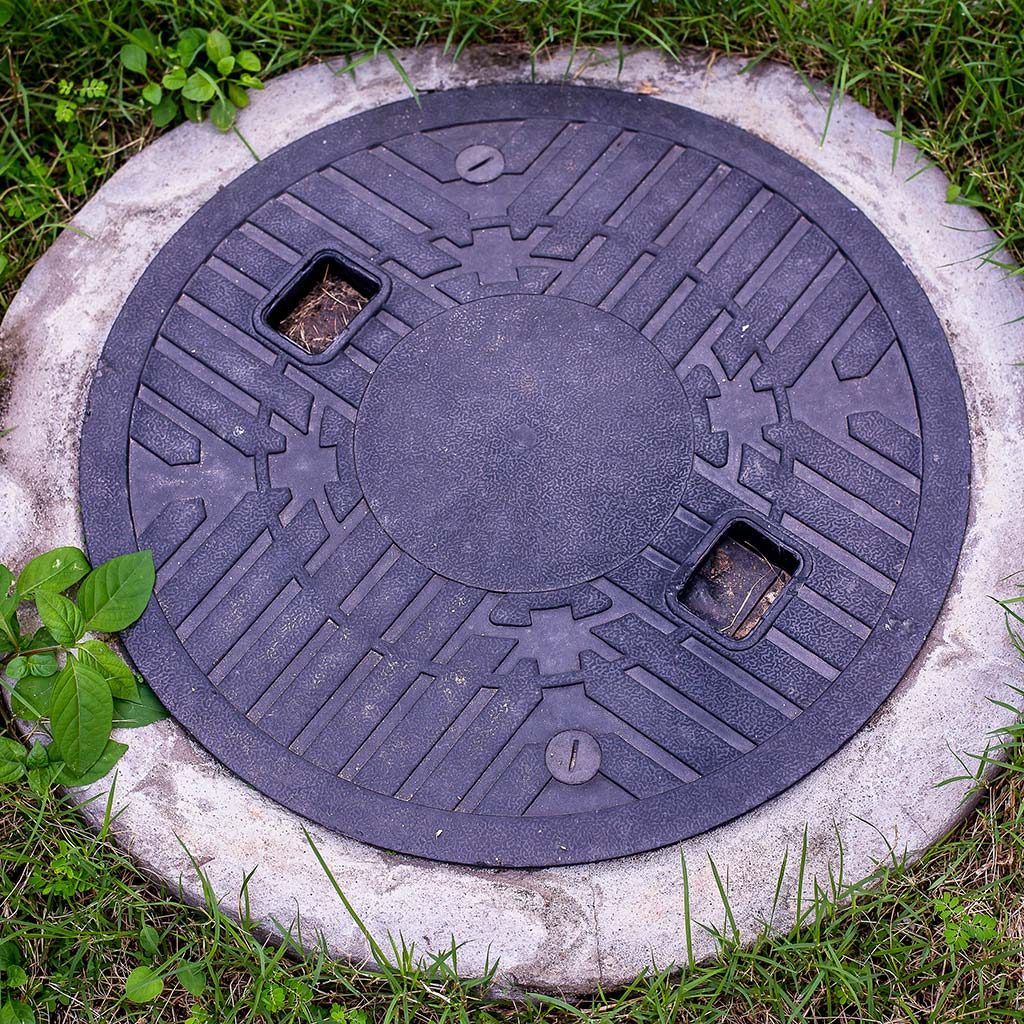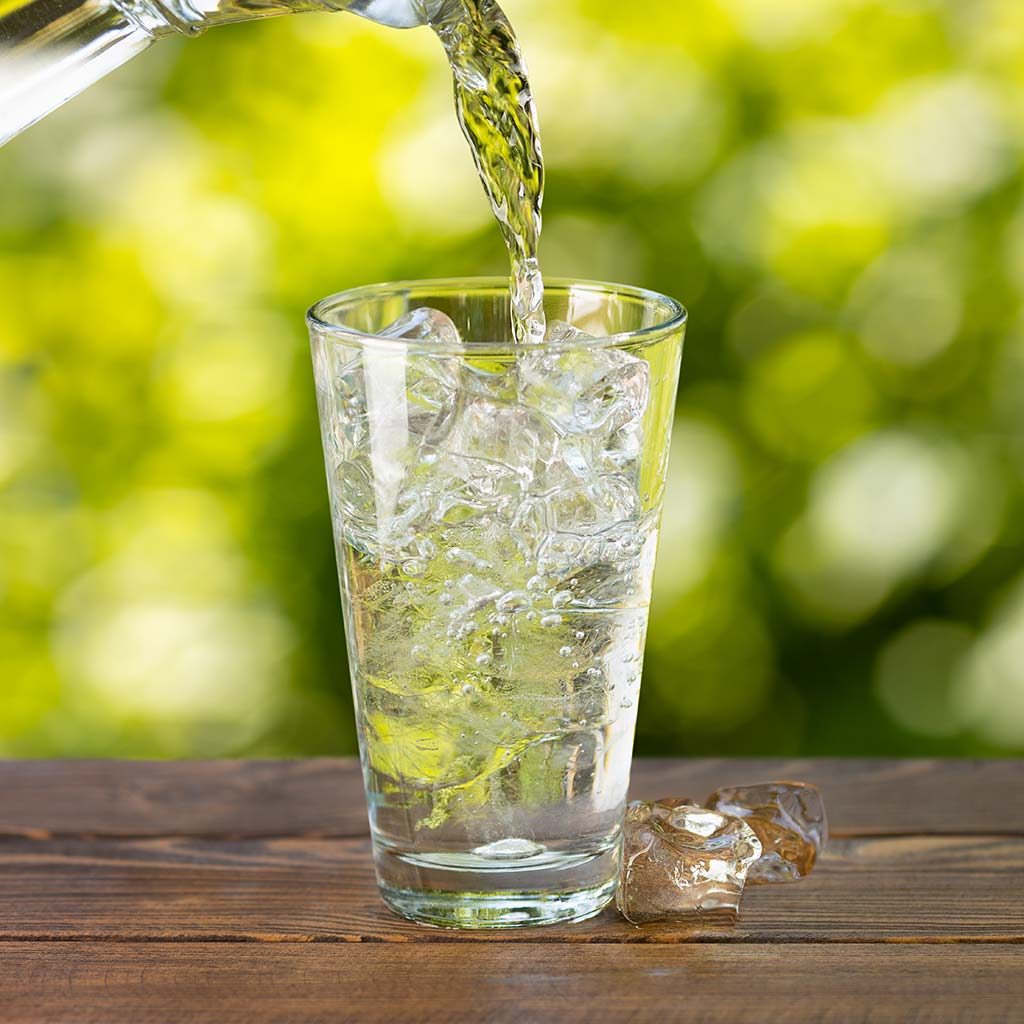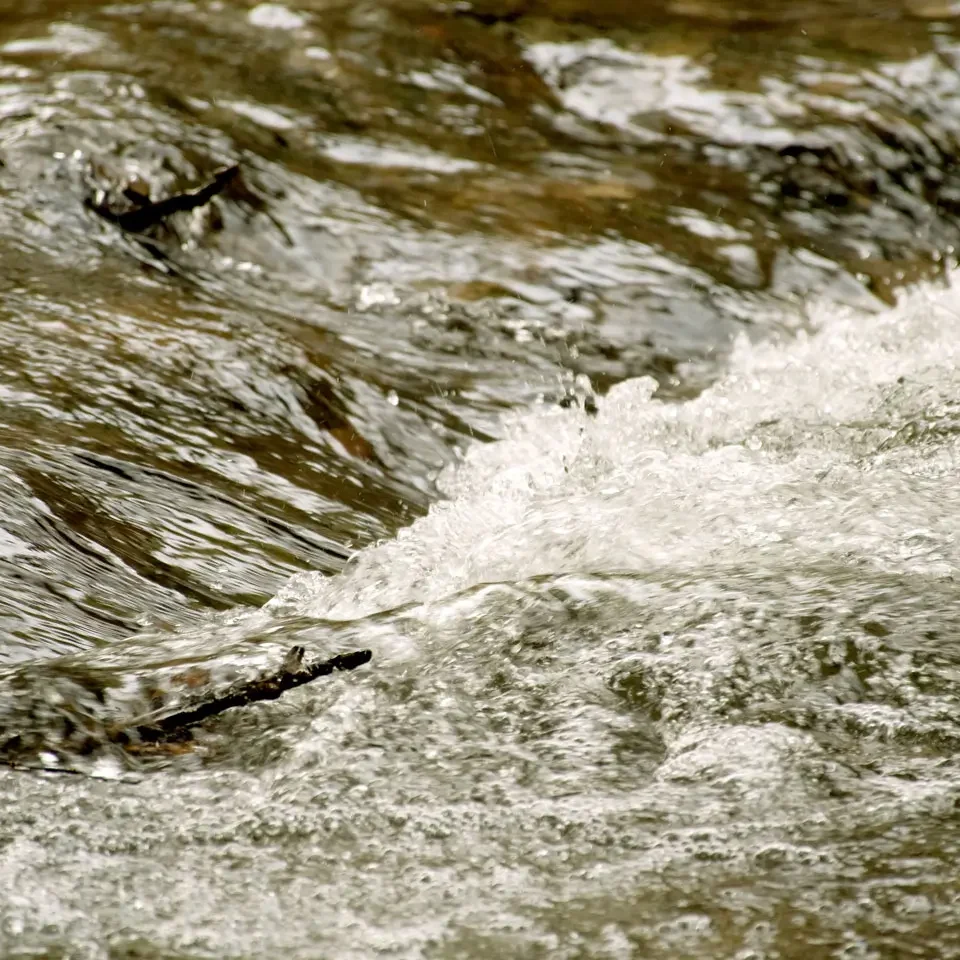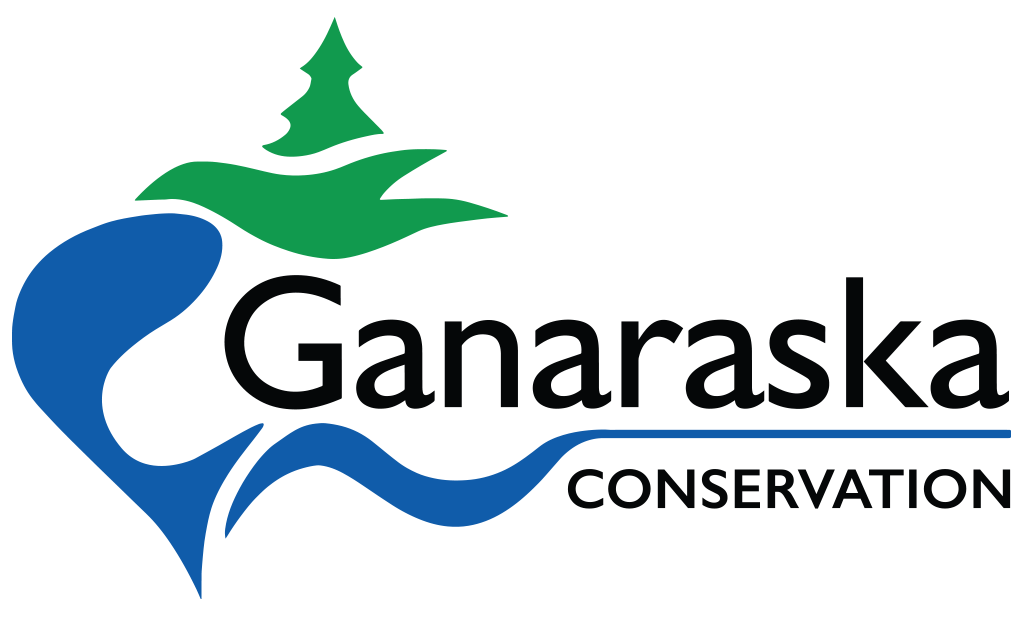

About the Port Hope Municipal Drinking Water System
The Port Hope Municipal Drinking Water System is 1 of 53 municipal residential drinking water systems in the Trent Conservation Coalition Source Protection Region, and 1 of 6 such systems in the Ganaraska Region Source Protection Area.
On January 1, 2015, policies set out in the Ganaraska Source Protection Plan came into effect to better protect the source water for the municipal drinking water system by reducing or eliminating significant threats associated with certain land based activities. The Plan was developed under the Clean Water Act, 2006, in response to the Walkerton Inquiry.
Intake Protection Zone Map
| Water Source | Surface Water — Lake Ontario |
|---|---|
| Owned By | Municipality of Port Hope |
| Operating Authority | Municipality of Port Hope |
| Serviced Population | 12,500 (approximately) |
| Annual Pump Rate | 6,140 cubic metres per day (average) |
| Intake Depth | 9 metres (approximate) |
| Treatment System | In addition to the ultrafiltration treatment process, chlorine gas is used as a disinfectant, and the Zone 2 Jocelyn Street Reservoir and the Fox Road Elevated Tank use sodium hypochlorite. |
July 2016 (data from Ganaraska Assessment Report)
Drinking Water Threats
A drinking water threat is a land-based activity that can impact the quality of a municipal drinking water source, due to a spill or leak.
Drinking water threats can only occur in the Port Hope Intake Protection Zone (as shown in the included maps) and illustrated on the Policy Applicability Map, included in the Ganaraska Source Protection Plan.
The vulnerability scores for the Port Hope Intake Protection Zone are too low to create prescribed significant drinking water threats within the IPZ‐1 and IPZ‐2 to the Port Hope Municipal Drinking Water System. Significant drinking water threats are only possible when identified through an event based modeling approach.
Within the Port Hope Intake Protection Zone, the current existing significant drinking water threats include the activities of a spill from an oil pipeline that crosses a river, and a discharge associated with a disinfection failure at the municipal waste water treatment plant. These two threats are mitigated through emergency preparedness and sound operational practices.
Threats to Sources of Drinking Water
The Clean Water Act, 2006, identifies 22 activities that can pose a threat to sources of drinking water. To simplify things, these threats have been grouped into the seven categories below.
The location, scale and nature of an activity determine if it poses a low, moderate or significant threat to the municipal drinking water source. Policies in the Ganaraska Source Protection Plan only apply to significant drinking water threats.

Contact Information
Jessica Mueller
Watershed Hydrogeologist /
Source Water Protection Lead
Ganaraska Region Conservation Authority
Phone: 905.885.8173 x222
Email: jmueller@grca.on.ca
Mark Stewart
Water Manager
Municipality of Port Hope
Phone: 905.885.2209 x4212
Email: mstewart@porthope.ca
